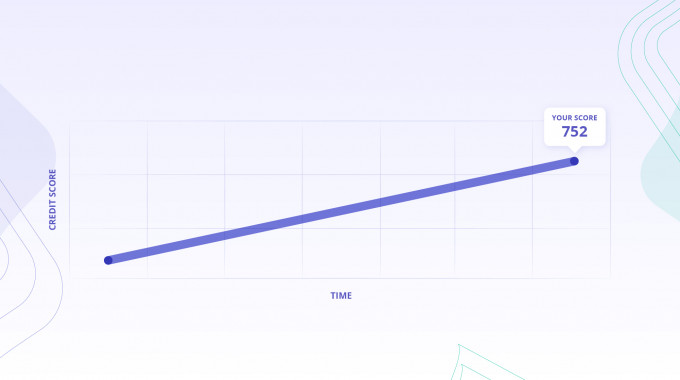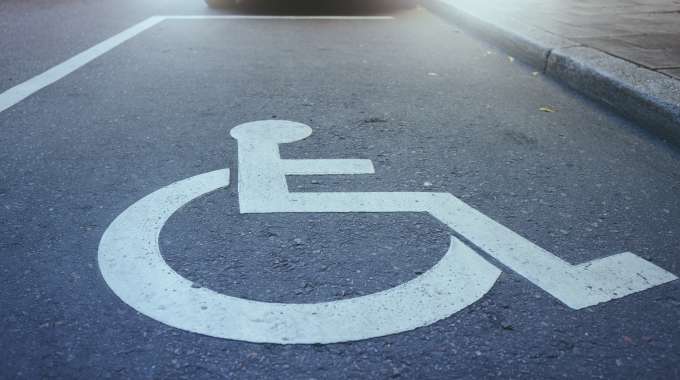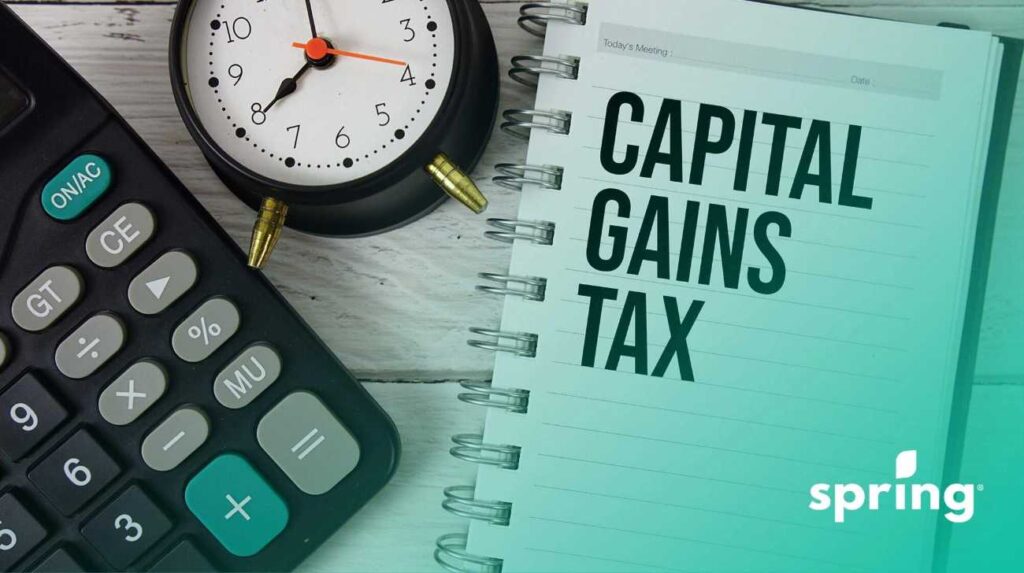Whether you’re a young person who’s never had credit before, or you’re new to Canada, we have some tips on how you can start building credit from scratch.
Why Credit is so Important
If you’ve never had credit before, you might be wondering what is credit and why is it so important?
Fundamentally, credit is all about trust.
If a lender gives you money, they want to know that you’ll pay it back. For that reason, your credit history is used as an indicator of how trustworthy you are, and building up a solid credit profile is a central factor of your financial life. It will make or break your chances of getting approved for a car loan, mortgage, personal loan, and much more.
Whether you’re new to Canada or new to this personal finance game, starting your credit profile as early as possible is a wise decision. If you’re reading this, you’ve realized this and are ready to take the first step to establish credit.
When it comes to building credit, it’s all about getting your foot in the door. Let’s take a look at how you can do that.
How to Establish Credit for the First Time
Making payments that are reported to credit bureaus is the best way to start building credit in Canada. Getting approved without a previous credit history isn’t impossible, but lenders will rely more on your income and employment to approve you.
Loans, credit cards, and cellphone bill payments are a few common types of payments that are reported to the credit bureaus. A history of good payments on these types of accounts will help you establish and build your credit. But remember: failure to pay them in full and on time can also hurt your credit score.
You can utilize some or all of these methods to start building your credit from scratch.
1. Find a Co-Signer
A co-signer is a family member or trusted friend with an already-established credit profile who takes on the risk and responsibility of your loan. They’re vouching for you and putting their names (and their own credit score) on the line for you. You should only do this if you know you’re going to be able to make payments on time, otherwise, you may hurt someone else’s credit.
2. Sign up for a Credit-Building Service
Think of it more like a subscription service and an opportunity to help you build or repair credit. Some of these products have an automatic savings element too. When you sign up with an online credit-building service, a positive tradeline gets opened on your credit file and payments start getting reported to the credit bureaus. Once you make all payments on time and in full, you will have improved your credit score and saved some money too.
3. Get a Secured Loan
A secured loan is when you offer up something of value (car, property, savings account, etc.) as collateral for the loan, so if you don’t pay your loan on time, the lender will retain the collateral. While it presents a higher risk for the borrower, collateral makes it easier to get approved since the lender can take possession of the collateral if you default.
4. Apply for a Secured Credit Card
If you can’t get a standard credit card, a secured card is a great way to start building credit. Lenders are happy to issue them because there is no risk involved. However, a secured credit card requires you to put down the card’s max limit as a cash deposit. If you default, the lenders can access the deposit for payment. You should also know that this credit-building tool doesn’t guarantee success. If you max out the card and keep it maxed out, it will damage your credit rating.
5. Get a Student Credit Card
Lots of banks have student cards that essentially have low limits and are often fee-free. Some of them are secured, some are unsecured. Some of them even have cashback perks or other rewards! Shop around to get the best deal, or talk to your bank to see what they offer.
6. Sign Up for Cell Phone Plan
There are benefits to prepaid plans, but if you want to build credit, opt for a contract. Cell phone providers report payments to credit reporting agencies in Canada and some providers insist that you don’t need a credit history to get approved. However, you might be asked for proof of income (bank statements, pay stubs) and a deposit upfront.
7. Get Added as an Authorized User
Check with a trusted friend or family member to see if they’d be willing to add you to a credit card account. The minimum age of an authorized user will depend on the credit card issuer. Furthermore, not all credit card companies report information about the authorized user, so check with your institution to see what options might be available.
Start Building Credit When You’re Young
If you’re young and new to credit, it’s a good idea to start as soon as you can because the length of your credit history is a factor in determining your credit score. However, in most provinces and territories, you usually have to wait until you are 18 or 19 years of age before you can get approved for a lending product. And even when you come of age, it can be difficult to get approved for your first credit product.
That’s why many Canadians leverage their parents’ good credit history. If you ask nicely, a family member may add you as an authorized user on their credit card. They might even go one step further and become your guarantor or co-signer so that you can get approved for your own credit card or personal loan.
If you want to establish credit without the help of a friend or family member, online credit-building products, secured credit cards, and student credit cards are a great place to start.
How to Build Credit When You’re New to Canada
If you’re new to Canada, supporting documentation will be key. If you have already secured employment in your new country, proof of income can help you get approved for an unsecured credit card. If not, you might be asked for a cash deposit before getting approved for a secured credit card. If you don’t want to provide a large deposit upfront, you can sign up for an online credit-building service to make small monthly payments instead.
If you have just arrived in Canada, the chances are you are already planning to switch to a local cell phone provider. If you sign up for a monthly contract plan (as opposed to prepaid), your credit will be checked, but most phone providers will welcome newcomers with competitive monthly contract phone plans. This gives you a good opportunity to start building credit right away.
How to Maintain and Continue Building Credit
Once you have established credit, you can keep improving your credit rating by:
- Building a positive payment history. It means paying your bills on time, every time.
- Keeping your credit card balances low. As a rule of thumb, you should keep your credit utilization below 30%.
- Eventually branching out to different types of credit. The credit bureaus love to see how well you manage a healthy, well-rounded mix of credit products including revolving (credit cards, line of credit) and instalment (car loan, personal loan, etc.) products.
- Monitoring your credit report regularly.








